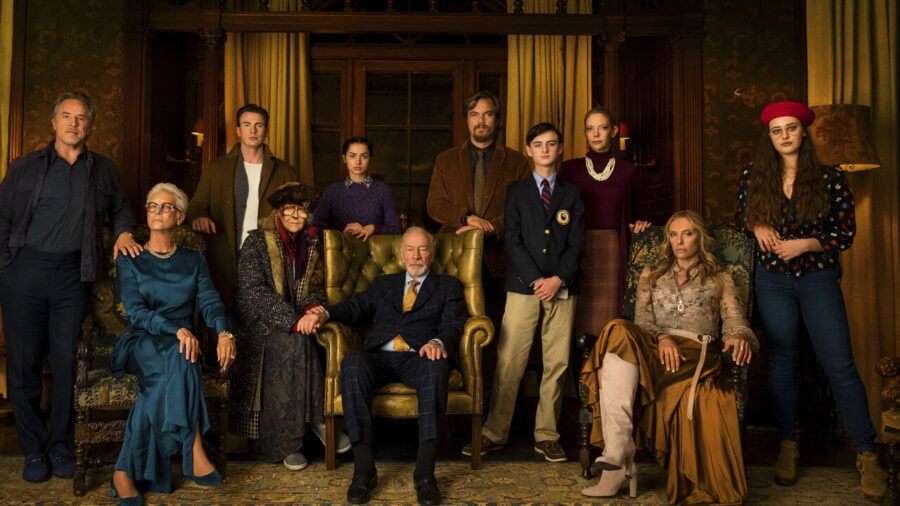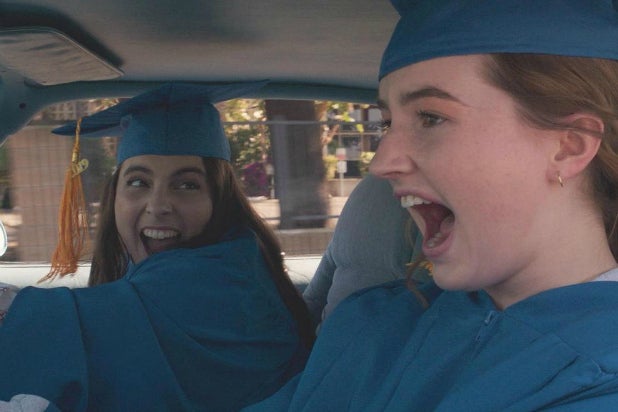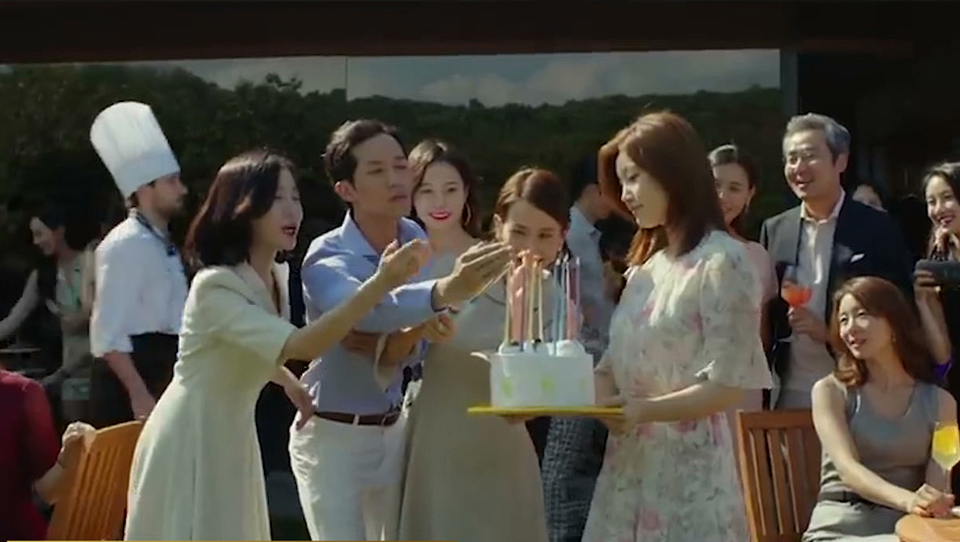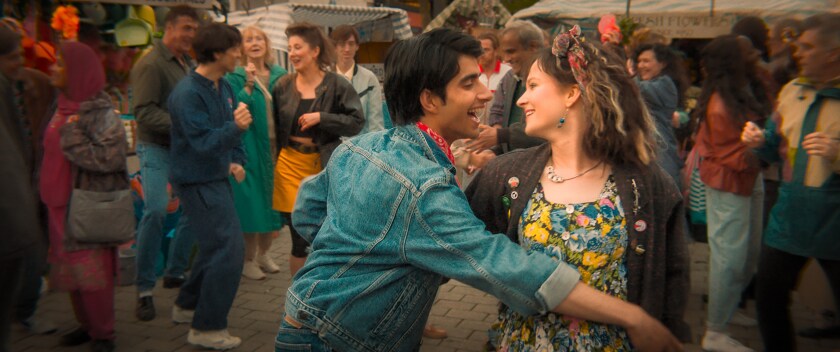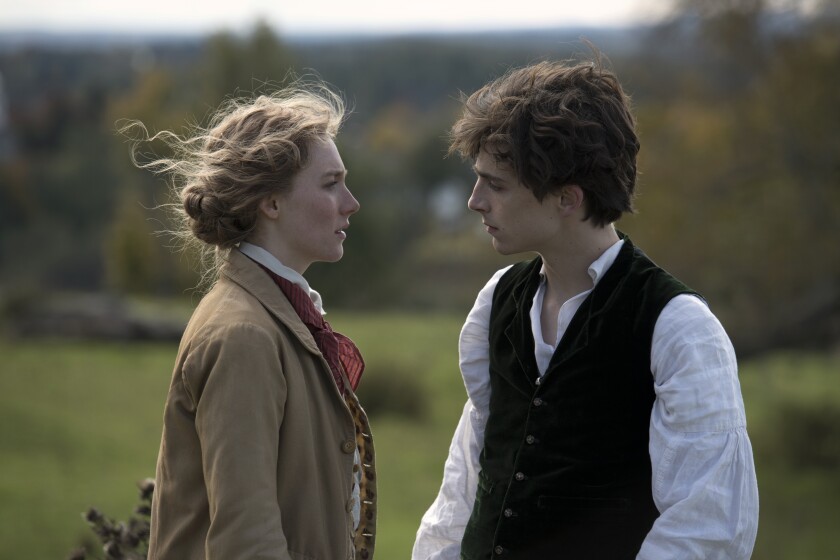☆☆☆☆½
The story of Just Mercy is so good, so compelling, and the movie is made and performed with such crackling intensity, that it may come as a surprise about two-thirds of the way through to realize it's actually based on a true story.
Just Mercy moves with the narrative thrust of a legal thriller – an idealistic young lawyer, fresh out of Harvard (Michael B. Jordan) moves to the Deep South to become an advocate for death row convicts. It's the late 1980s, but in Monroeville, Ala., time has stopped, and other than the cars, the phones and some embarrassing hair choices, nothing has changed at all since long before the town's most famous resident, Harper Lee, wrote To Kill a Mockingbird. Townsfolk proudly tell the new black man in town, who they assume is visiting, not to miss the Mockingbird museum, proudly asserting that Atticus Finch was real.
As the lawyer, Bryan Stevenson, meets the men he wants to help, their stories stun him. Two in particular – a Vietnam veteran (Rob Morgan) so emotionally wounded by battle that he still cannot understand why he did what he did, and the hardened and embittered Walter McMillian (Jamie Foxx), who has come to believe it's irrelevant that he didn't actually commit the murder that sent him to prison. Truth, he knows, is merely an inconvenience. But Stevenson is determined, and he's helped by a young woman (Brie Larson) whose skin color is a distinct advantage in the "community" that only considers white people.
Just Mercy is indeed concerned with travesties of justice, which makes it achingly relevant. Director Destin Daniel Cretton (Short Term 12) has set to to make a superior thriller, and it's because Just Mercy works so fantastically well at that level that it more than earns its disbelieving rage and clear-eyed anger. Just Mercy will get you worked up, but not at the expense of a captivating story told with impressive style and skill.
Viewed June 9, 2020 -- VOD
Just Mercy moves with the narrative thrust of a legal thriller – an idealistic young lawyer, fresh out of Harvard (Michael B. Jordan) moves to the Deep South to become an advocate for death row convicts. It's the late 1980s, but in Monroeville, Ala., time has stopped, and other than the cars, the phones and some embarrassing hair choices, nothing has changed at all since long before the town's most famous resident, Harper Lee, wrote To Kill a Mockingbird. Townsfolk proudly tell the new black man in town, who they assume is visiting, not to miss the Mockingbird museum, proudly asserting that Atticus Finch was real.
As the lawyer, Bryan Stevenson, meets the men he wants to help, their stories stun him. Two in particular – a Vietnam veteran (Rob Morgan) so emotionally wounded by battle that he still cannot understand why he did what he did, and the hardened and embittered Walter McMillian (Jamie Foxx), who has come to believe it's irrelevant that he didn't actually commit the murder that sent him to prison. Truth, he knows, is merely an inconvenience. But Stevenson is determined, and he's helped by a young woman (Brie Larson) whose skin color is a distinct advantage in the "community" that only considers white people.
Just Mercy is indeed concerned with travesties of justice, which makes it achingly relevant. Director Destin Daniel Cretton (Short Term 12) has set to to make a superior thriller, and it's because Just Mercy works so fantastically well at that level that it more than earns its disbelieving rage and clear-eyed anger. Just Mercy will get you worked up, but not at the expense of a captivating story told with impressive style and skill.
Viewed June 9, 2020 -- VOD
















